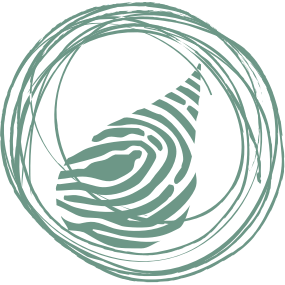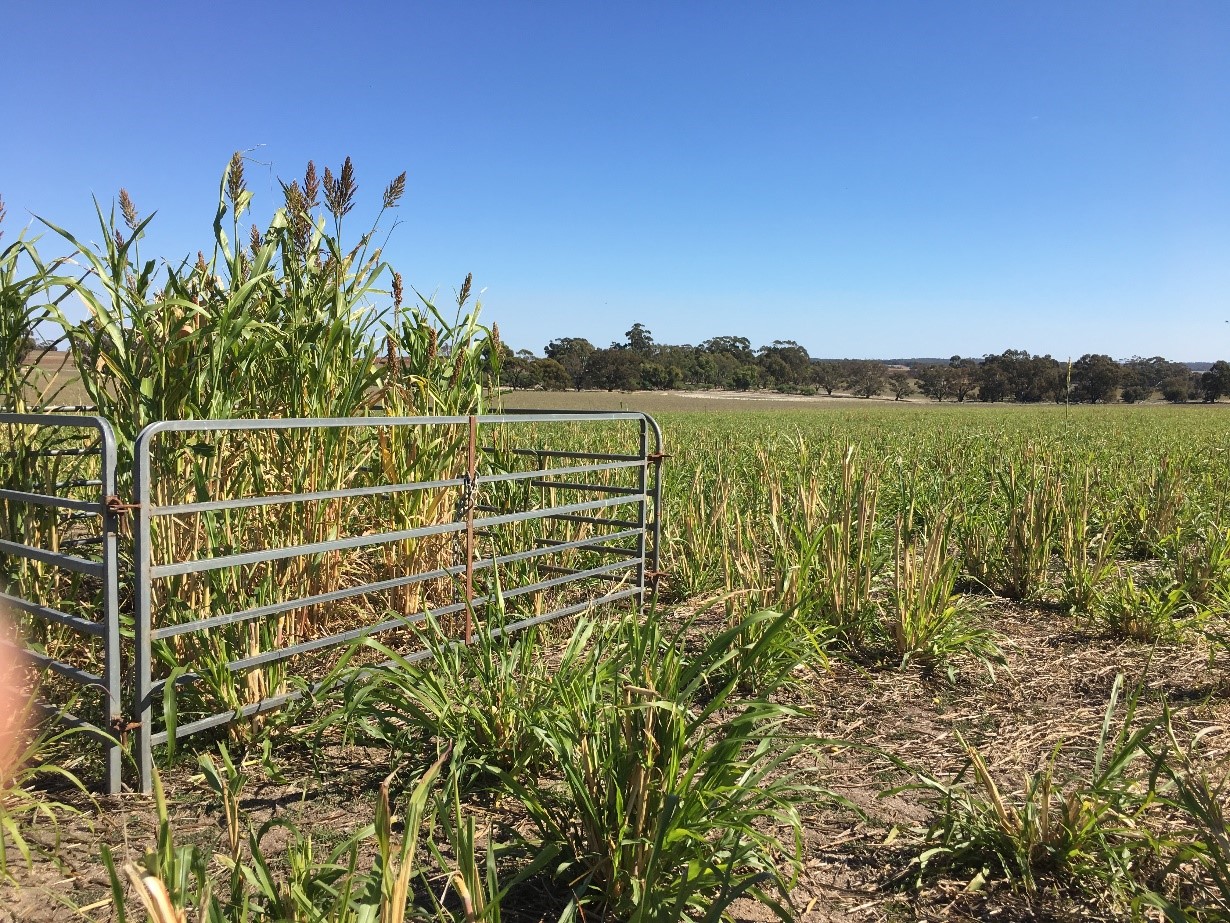With acidity one of the major soil constraints facing farmers in the Eastern Wheatbelt, liming has long been a key strategy. Traditionally, lime is procured from coastal sources, however, this option proves expensive due to the cost of cartage, which can be up to 80% of the total cost to eastern Wheatbelt farmers. Growers Greg Rutherford and Agronomist Joel Andrews are tackling these issues by building on previous Wheatbelt NRM trials on locally sourced lime, comparing alternative application rates and techniques to determine how much lime is required to increase surface and sub-surface soil pH and remove acidity as a production constraint.
The trial design uses two different liming rates, with multiple test strips, some incorporated, some non-incorporated and a control plot. Originally, the success of liming application was going to be measured with crop yield data, but due to the dry season the paddock was not sewn with the intended cereal crop. The challenge became how to continue the trial and get meaningful results that will benefit the farmer this season? The answer emerged as Super Sweet Sudan grass (SSS). Super Sweet Sudan is a subtropical perennial, a hybrid of sorghum that is an Australian product, bred for Australian conditions. It is quick to graze, sustains multiple and intensive grazing, and is known to be adaptable for early or late planting.
Wheatbelt NRM has previously used hybrids of Sorghum in other trials with great success, therefore evidence suggests that SSS is well suited to the trial site and the season. In these dry times the farmers are struggling to feed livestock, innovation such as this will help to ensure that this coming summer this farmer will have green feed for his sheep which will help to reduce his costs in the season ahead.
For more information about this trial please email Bonny Dunlop-Heague at bdunlop@wheatbeltnrm.org.au or telephone 9670 3132.


